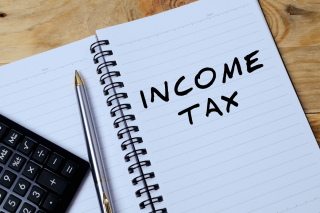 Benefits for Social Security survivor children’s benefits are generally made out to a parent or guardian. They are taxable income, but most children do not have enough income to owe taxes on the benefits.
Benefits for Social Security survivor children’s benefits are generally made out to a parent or guardian. They are taxable income, but most children do not have enough income to owe taxes on the benefits.
According to a recent article “Are Social Security survivor benefits for children considered taxable income?” from Investopedia, the only way the benefits would be taxed if half of the child's benefits in a year, plus other income earned by the child in that year, reached the level that required a tax return to be filed and for taxes to be paid.
If half of the annual benefits plus the child's other income is greater than a base amount set by the IRS, then a portion of the benefits is taxable.
 Houston Estate Planning and Elder Law Attorney Blog
Houston Estate Planning and Elder Law Attorney Blog










